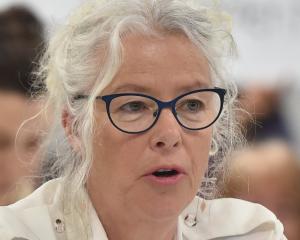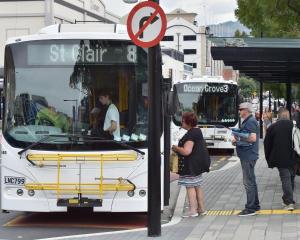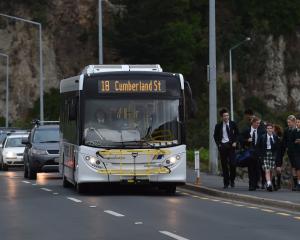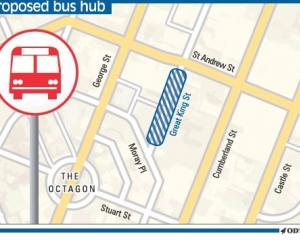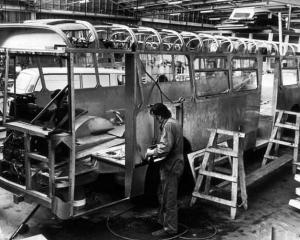Special fares for unlimited trips, GPS-fed bus information and a radical change to make public transport a social good seem poised to electrify the race to the local body elections.
Sustainable living and public transport advocates look likely to discuss a new and possibly co-ordinated strategy to make transport planning and provision an issue in the October council elections.
Talk of the move follows a public meeting in Port Chalmers , when a raft of potentially costly proposals were discussed amid acknowledgement some would need sustained political pressure to pull off.
Meeting facilitator and Transition Town Port Chalmers member Tina Grubber said it was time for advocates to work together to make transport a defining issue for candidates and voters, to ensure real and sustained progress was made outside the election years.
"I think we need to get tougher; there is strength in numbers.
If we all get together and get a cohesive plan, then the candidates will understand the issues and we'll get the candidates who can make a difference."
People at the Port Chalmers meeting discussed a raft of options they hoped would make public transport cheaper and easier to use, to help end the perceived isolation of some of Dunedin's outer suburbs.
Special single-cost, multi-trip bus passes would make it easier to plan weekly or monthly budgets as well as trips across town, while realigning the Otago Regional Council subsidy to make trips more affordable would make public transport more accessible.
Both ideas would cost the council more money.
However, the social and flow-on economic benefits of getting more people to shops and business would reinforce the investment in "a very real social good", Ms Grubber said.
The regional council could also encourage businesses to give multi-trip passes to staff instead of traditional Christmas presents, or instead of inner-city car parks.
They could then publicise their "green" credentials, she said.
Other ideas would make the service easier to use.
The city needed a GPS-fed, real-time bus information system at bus stops so that people knew where their bus was.
An online trip planner would make it easier to travel across the city.
"But, these are all ideas and issues that will take some political will to get off the ground. The trick now is to see them through."
Otago regional councillor Bryan Scott, a member of the joint-council transport working party, welcomed any move to make passenger transport an election issue.
Debate might improve patronage, which might make more innovation possible.
There were more services, more stops, 51 new and predominantly super low floor buses, and 68 new shelters than in the mid-2000s.
However, patronage had only improved by 9%, Cr Scott said.
"At this point we have made a huge impact on our infrastructure and services and now we need to take a deep breath and ask where to from here, especially in relation to patronage.
"If we can improve patronage, then much more may be possible." The ideas raised would be discussed with council staff.

